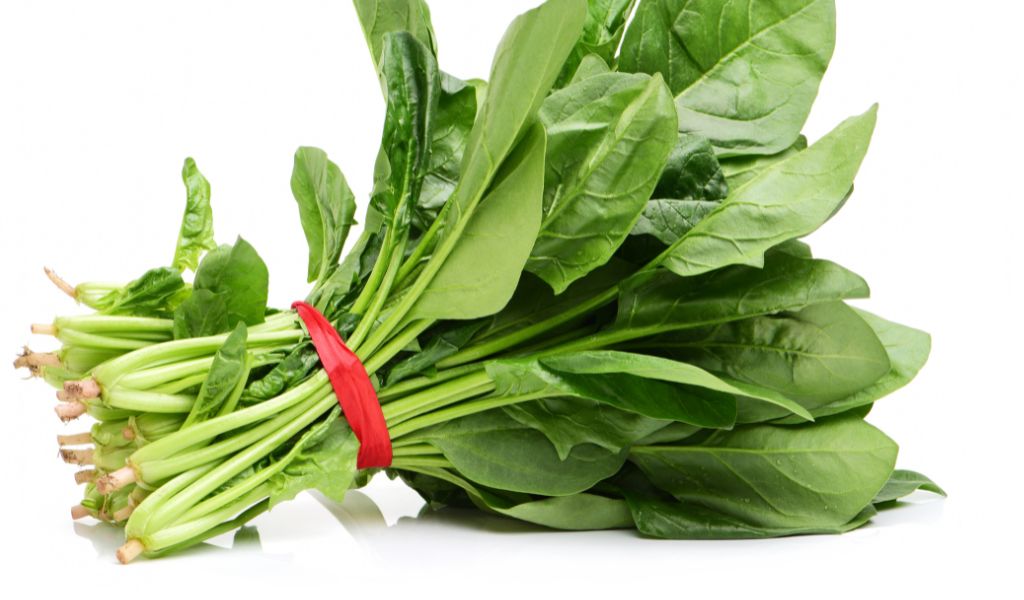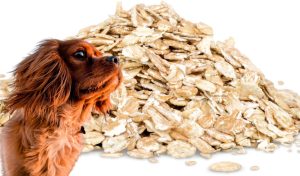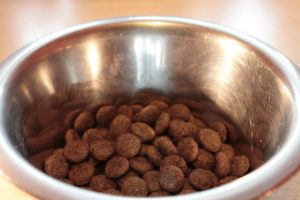As a dog owner, you may wonder whether it’s safe to give your furry friend spinach as a treat or a supplement to their diet.
In this article, we will explore the nutritional benefits of spinach for dogs, any potential health risks, and guidelines on how to safely include spinach in your dog’s diet.
Yes, dogs can eat spinach, but it’s important to feed it to them in moderation and follow some basic steps to avoid potential health risks. Spinach can provide several nutritional benefits to dogs and can be a healthy addition to their diet if given in the right amount and manner.
Nutritional Benefits of Spinach for Dogs
Spinach is a nutrient-rich leafy green vegetable that provides several health benefits to dogs. Spinach is high in vitamins A, C, and K, and also contains iron, calcium, and folate.
These nutrients can help boost your dog’s immune system, improve bone health, and aid in digestion.
In addition, spinach is a low-calorie food that can be a great addition to your dog’s diet if they are overweight or obese.
The fibre in spinach can also help your dog feel full, making it a great supplement for dogs that tend to overeat.
Potential Health Risks of Spinach for Dogs
While spinach is a healthy addition to your dog’s diet, there are some potential health risks to keep in mind.
Spinach contains oxalates, which can form crystals in your dog’s urinary tract and lead to kidney or bladder stones.
Dogs with a history of urinary tract issues or kidney disease should avoid spinach.
Another potential risk of feeding spinach to your dog is that it may interfere with the absorption of calcium.
If your dog’s diet is already high in calcium, you should be cautious about adding spinach to their diet.
Guidelines for Safely Feeding Spinach to Dogs
To ensure that your dog receives the nutritional benefits of spinach without any health risks, it’s essential to follow some guidelines:
Introduce spinach gradually: Start by feeding your dog a small amount of spinach and gradually increase the amount over time.
Wash the spinach thoroughly: Spinach can be contaminated with bacteria or pesticides, so it’s important to wash it thoroughly before feeding it to your dog.
Cut the spinach into small pieces: Large pieces of spinach can be difficult for dogs to chew and may pose a choking hazard. Cut the spinach into small pieces or mix it with their regular food.
Monitor your dog’s reaction: Observe your dog’s behavior and stool after feeding them spinach. If you notice any signs of digestive issues or other adverse reactions, stop feeding them spinach immediately.
Final Words
In conclusion, spinach can be a healthy addition to your dog’s diet if fed in moderation and following the guidelines mentioned above.
Spinach provides several nutritional benefits and can aid in digestion, bone health, and immune function.
However, it’s essential to be aware of the potential health risks associated with feeding spinach to your dog and monitor their reaction closely.
By following these guidelines, you can safely incorporate spinach into your dog’s diet and ensure their optimal health.










